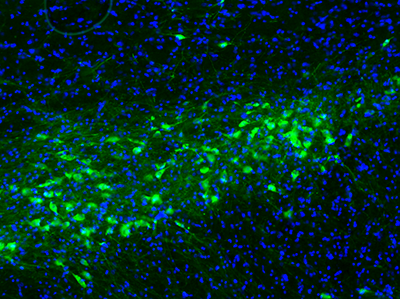Though great progress has been made in medicine, current evidence-based and palliative treatments are increasingly unable to keep pace with patients' needs, especially given our aging population. There are few effective ways to treat the root causes of many diseases, injuries and congenital conditions. In many cases, clinicians can only manage patients' symptoms using medications or devices.
Regenerative medicine is a game-changing area of medicine with the potential to fully heal damaged tissues and organs, offering solutions and hope for people who have conditions that today are beyond repair.

Regenerative medicine itself isn't new — the first bone marrow and solid-organ transplants were done decades ago. But advances in developmental and cell biology, immunology, and other fields have unlocked new opportunities to refine existing regenerative therapies and develop novel ones.
Act now and manage your cancer from cancer prevention, cancer treatment, cancer monitoring and immunotherapy evaluation through genomic testing.
Rejuvenation means boosting the body's natural ability to heal itself. Though after a cut your skin heals within a few days, other organs don't repair themselves as readily. But cells in the body once thought to be no longer able to divide (terminally differentiated) — including the highly specialized cells constituting the heart, lungs and nerves — have been shown to be able to remodel and possess some ability to self-heal. Teams within the center are studying how to enhance self-healing processes.
Replacement involves using healthy cells, tissues or organs from a living or deceased donor to replace damaged ones. Organ transplants, such as heart and liver transplants, are good examples.
The center aims to expand opportunities for transplants by finding ways to overcome the ongoing donor shortage, the need for immunosuppression and challenges with organ rejection.
Regeneration involves delivering specific types of cells or cell products to diseased tissues or organs, where they will ultimately restore tissue and organ function. This can be done through cell-based therapy or by using cell products, such as growth factors. Bone marrow transplants are an example.